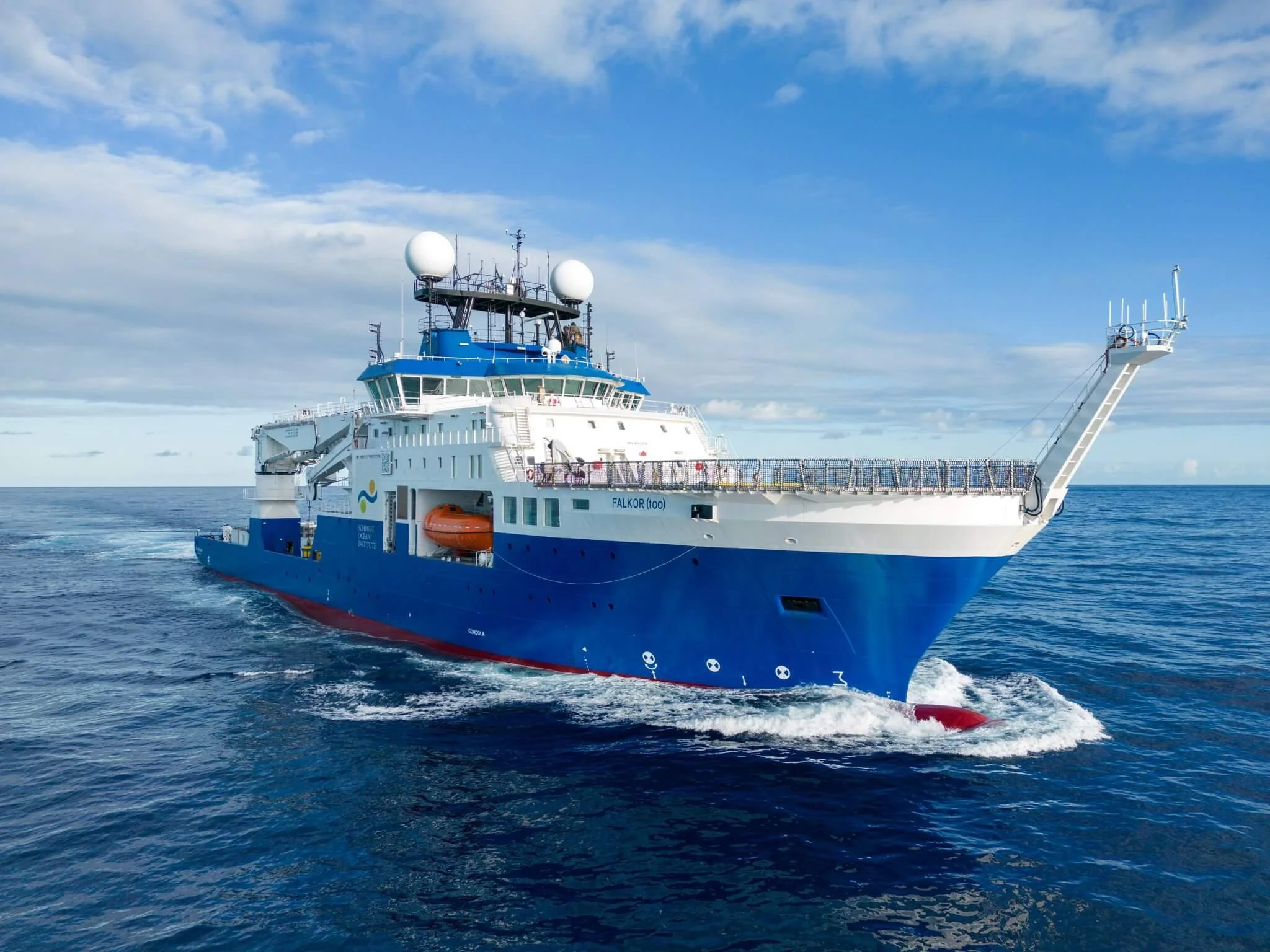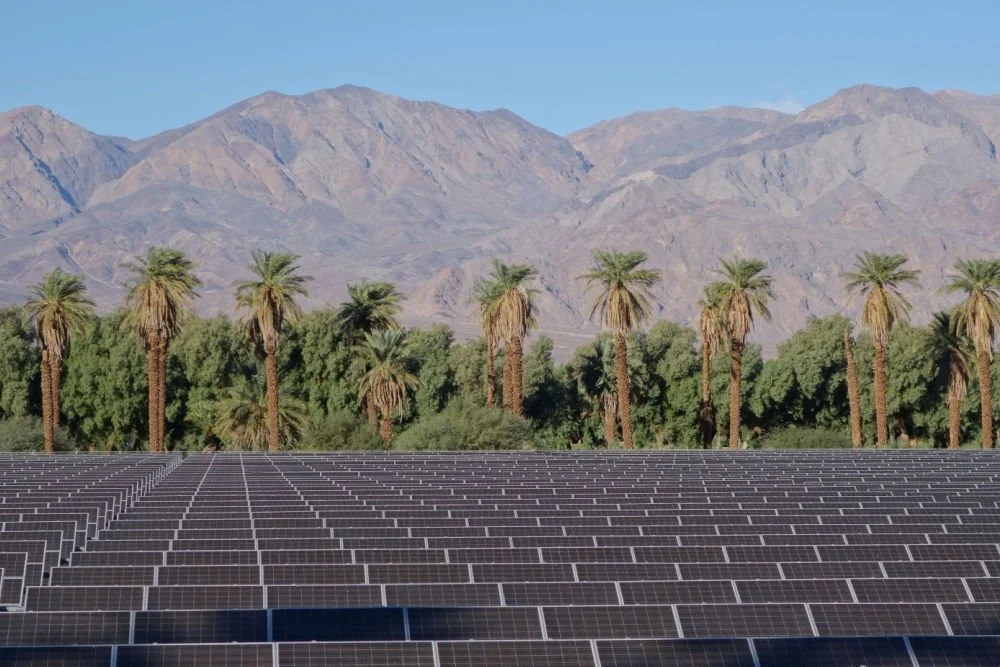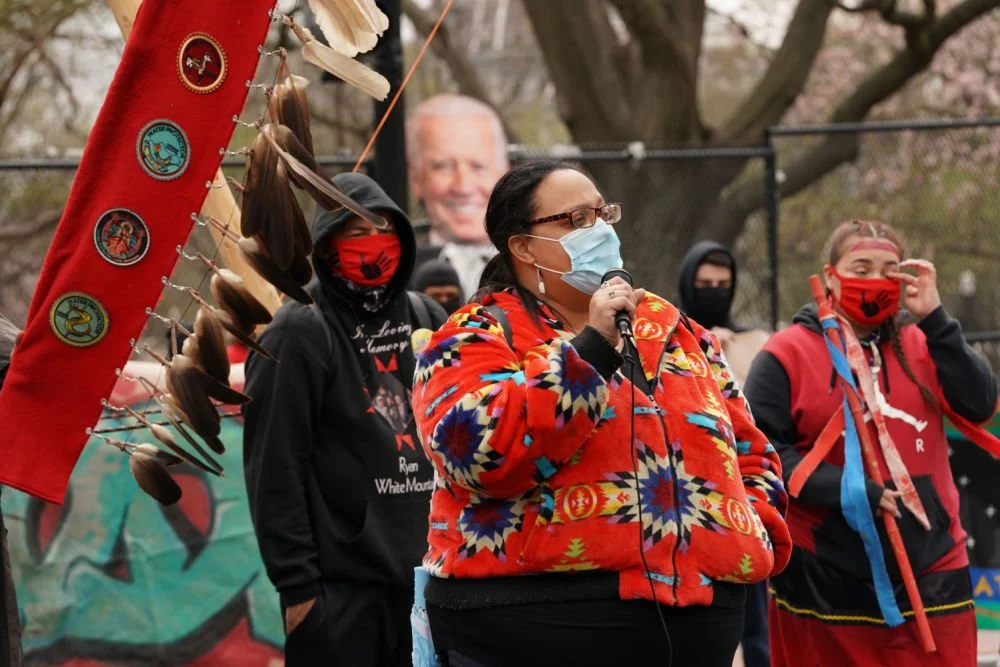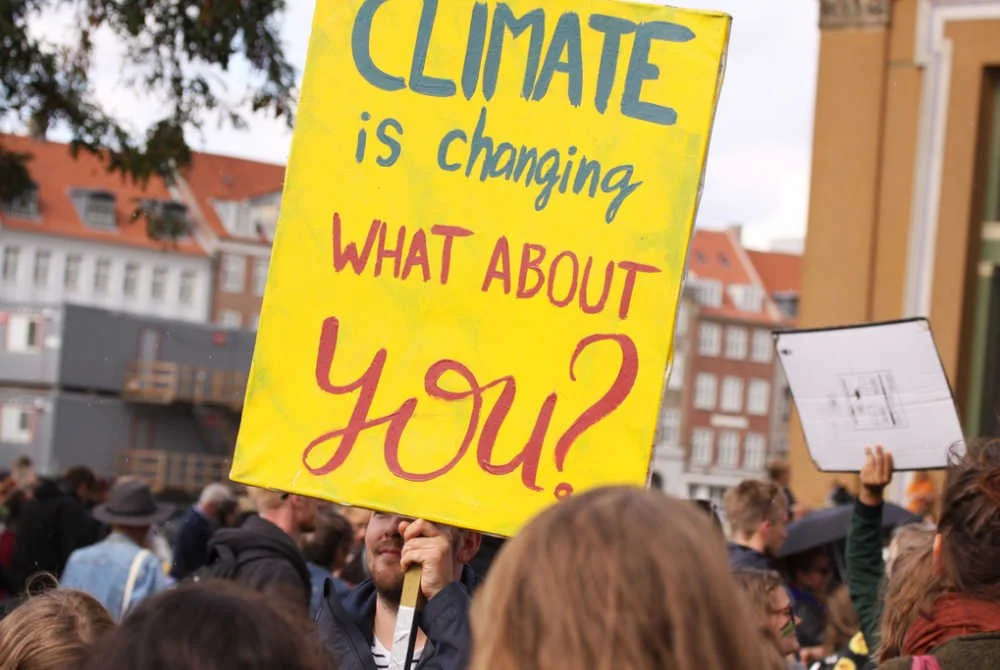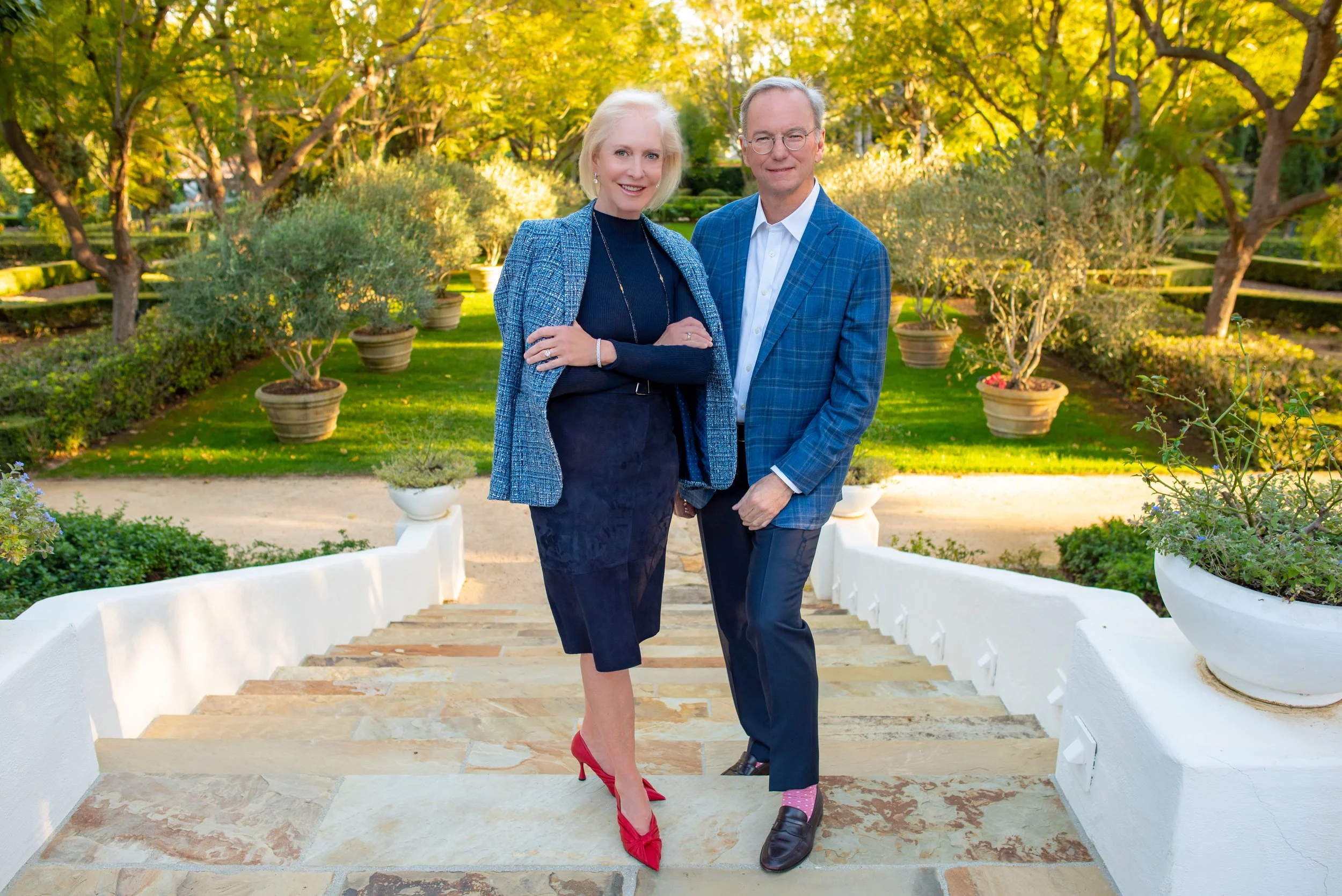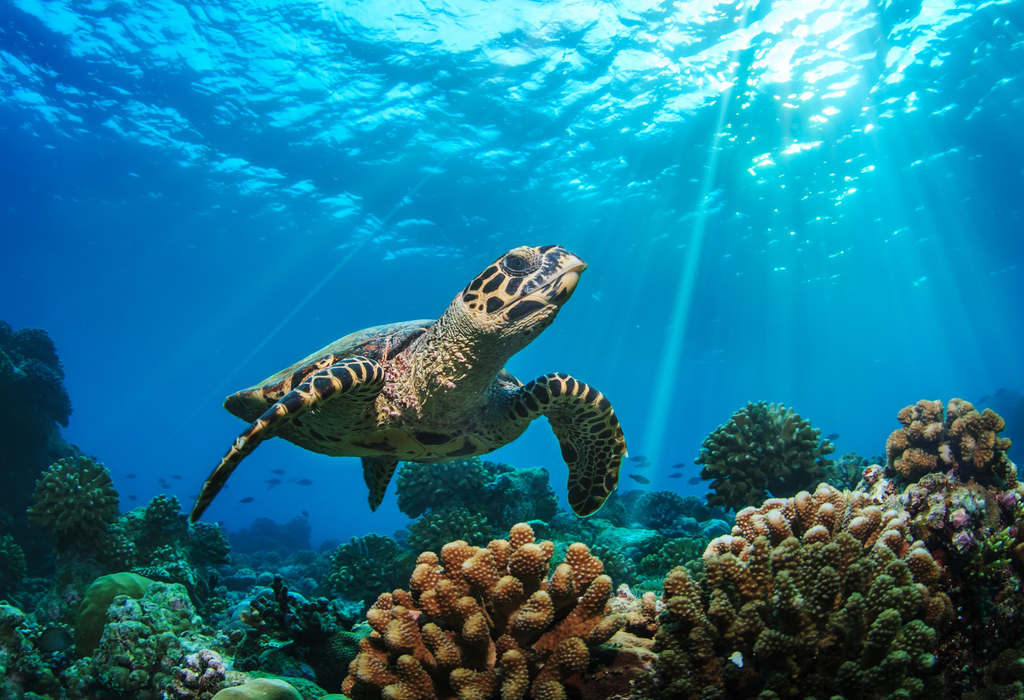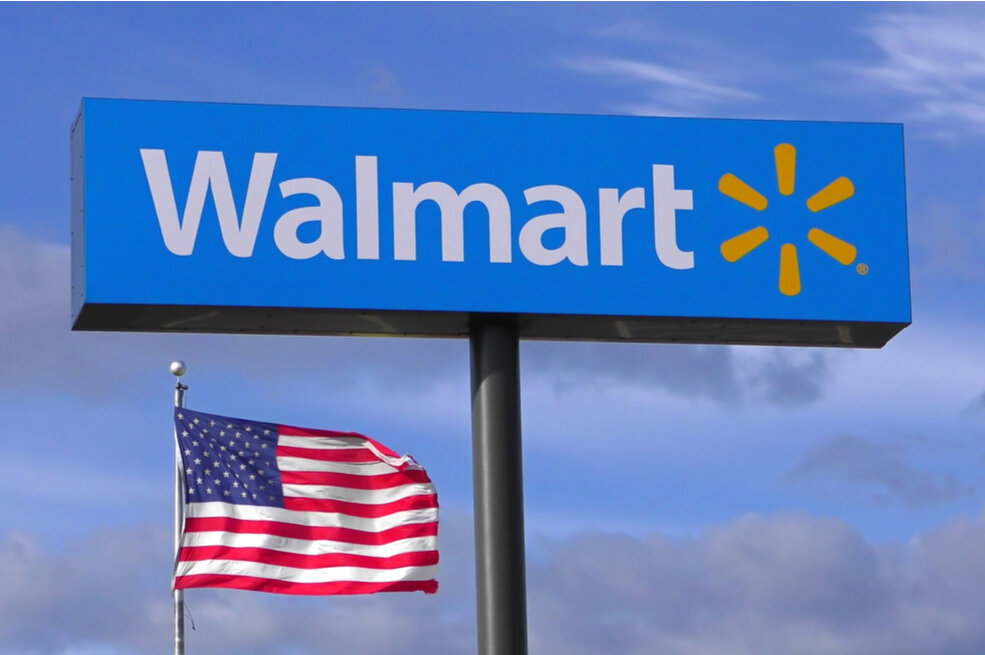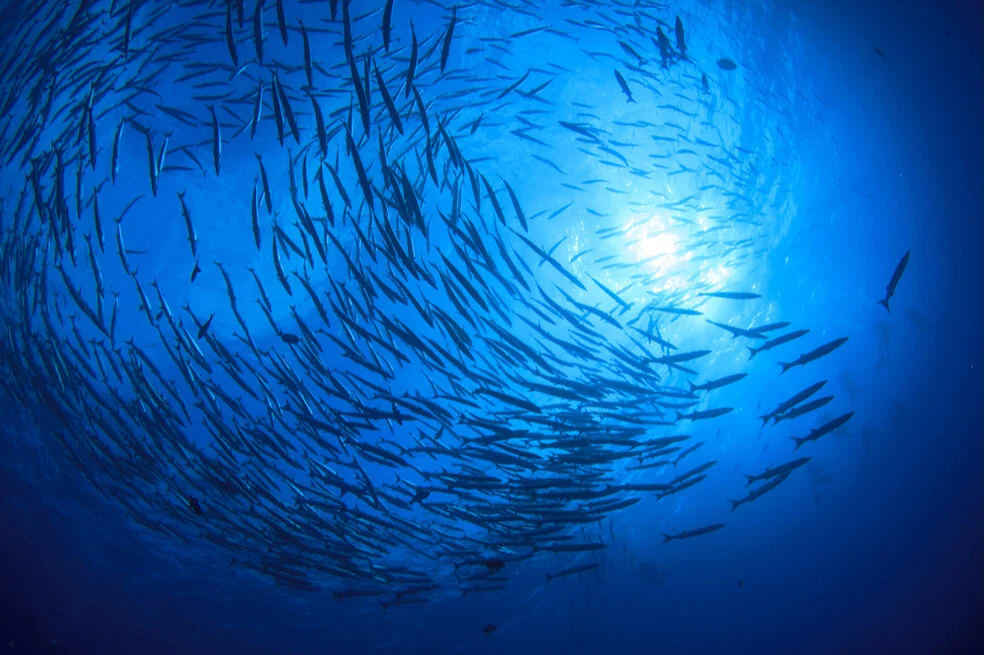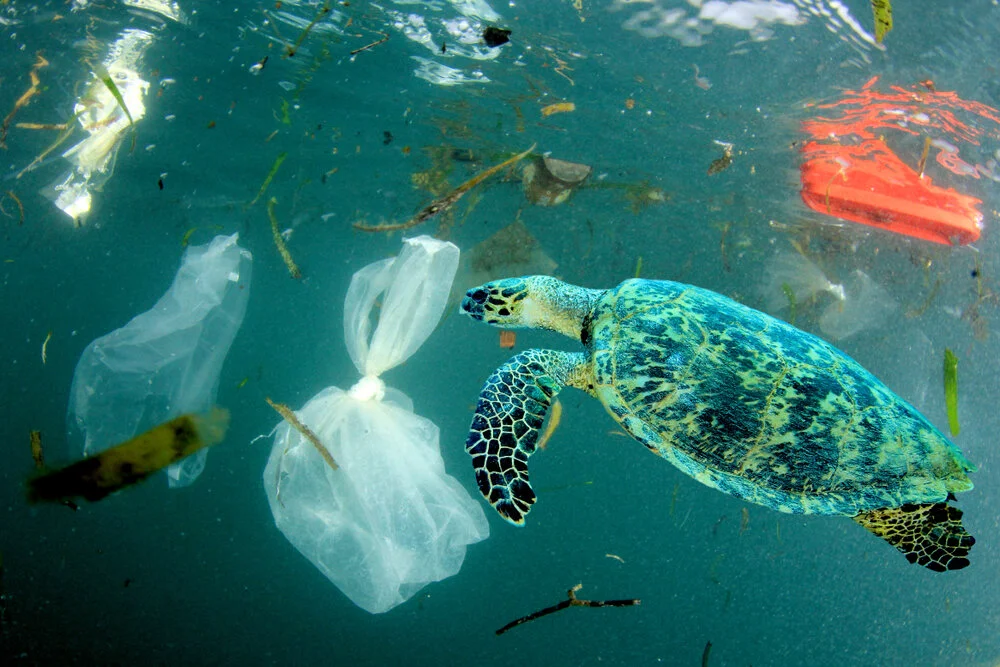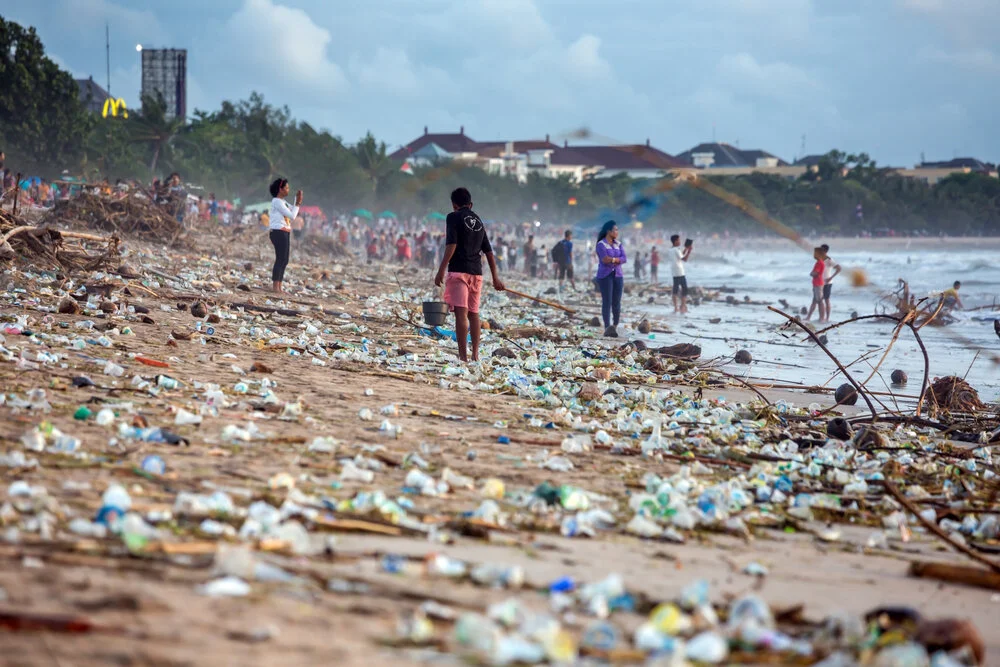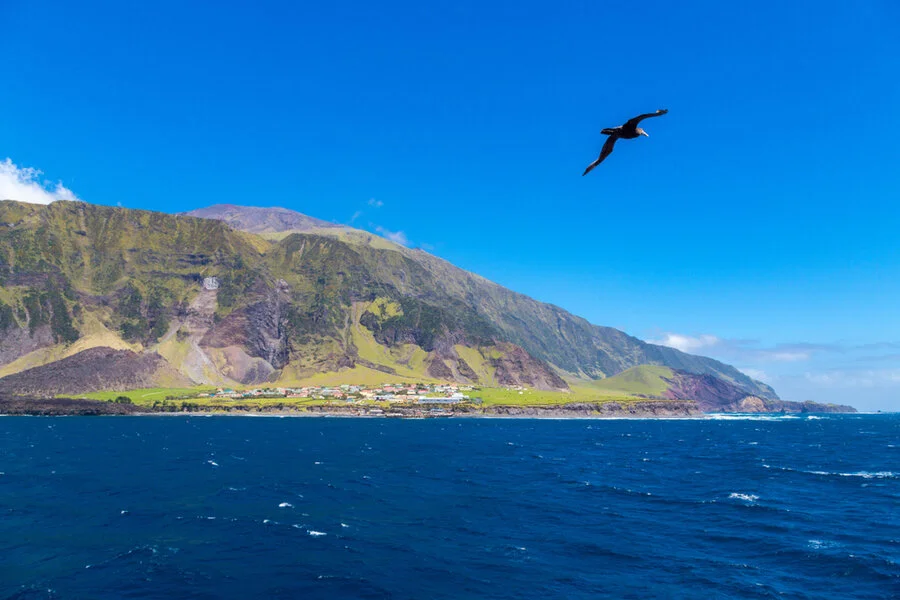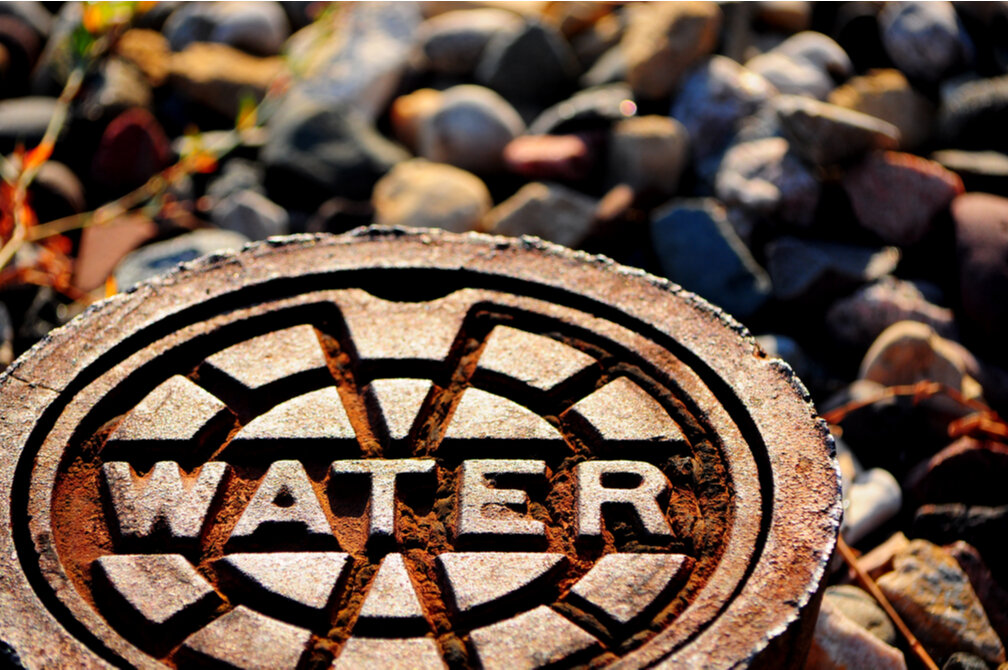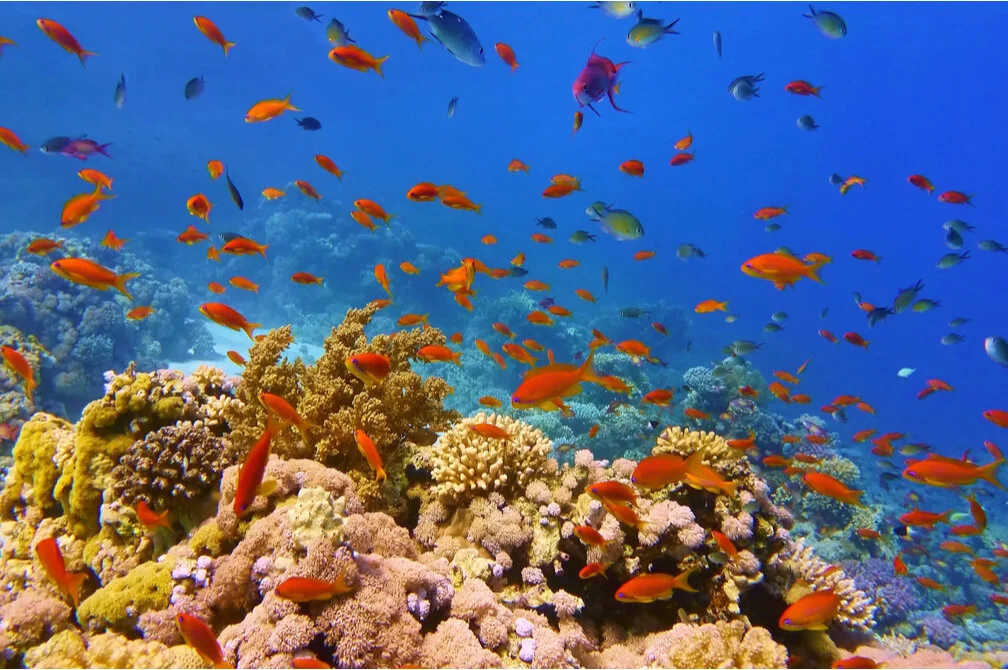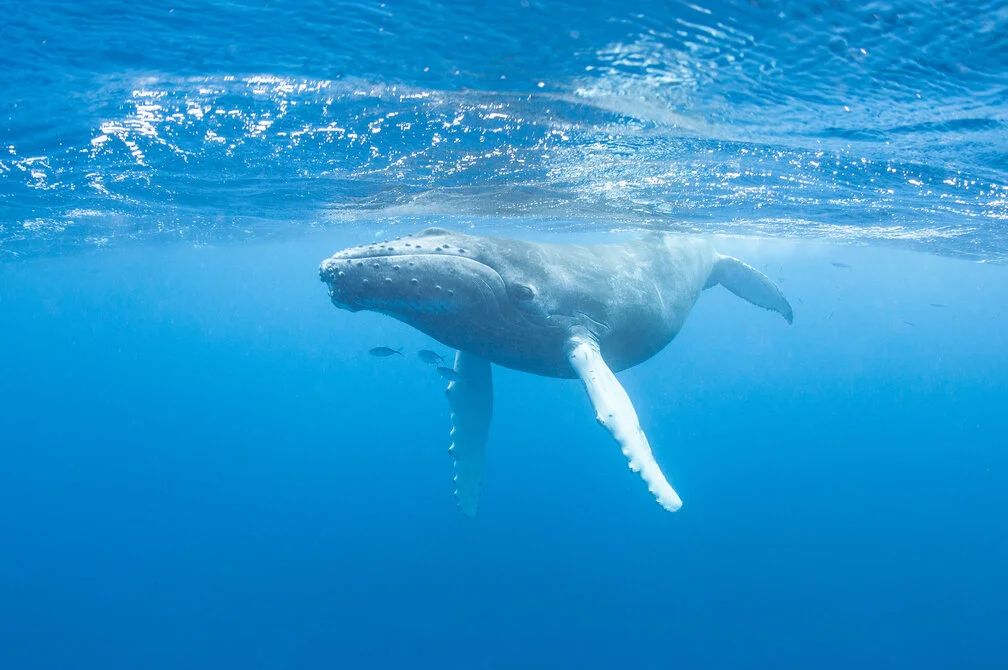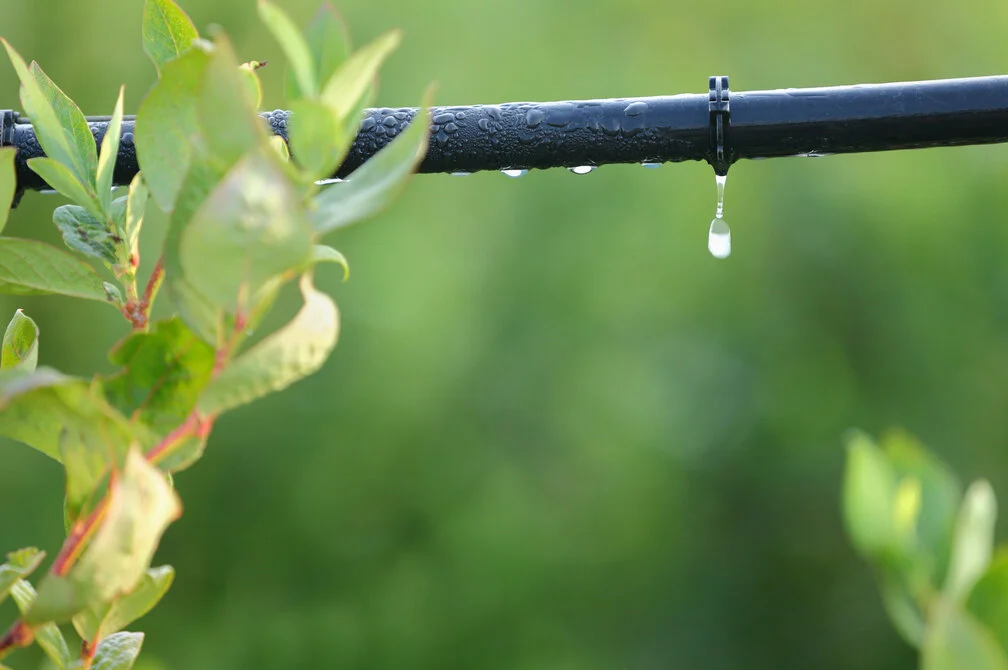With Oceans in Grave Danger, Some Donors See Hope in Tech Solutions
/Mark Agnor/shutterstock
Ocean-centric funding has increasingly drawn the attention and backing of major philanthropies, and a recent gift of $1.5 million from Marc and Lynne Benioff to the Sustainable Ocean Alliance (SOA) is a prime example. Oceans, which hold about 97 percent of our planet’s water, continue to undergo warming, pollution and species loss—ominous developments that explain the considerable amount of donor attention they receive.
A hopeful trend and movement is that young entrepreneurs are tackling ocean problems through the SOA initiative that the Benioffs just backed. Launched in 2014, it links young “ocean leaders” into local hubs in a network spanning 80 countries, and embraces emerging technologies like autonomous vessels, sensor prototypes, blockchain, big data and machine learning.
One of SOA’s key programs is the Ocean Solutions Accelerator, which connects ocean-focused startups with expert mentoring, funding, networking and other growth opportunities. At the 2019 World Economic Forum (WEF) in Davos, the program announced that the Benioff gift will triple the number of startups from five to 15 for the next accelerator, which will take place during the summer of 2019 in San Francisco.
We asked Daniela V. Fernandez, SOA founder and CEO, about challenges in running the first accelerator program. She says, “It was difficult to attract funders and investors, given that most people were not aware that the ocean tech market existed. We spent last year educating investors and funders in the Silicon Valley community and globally about the opportunities that exist in [this] space.” Judging by the Benioffs’ recent gift, SOA’s efforts are paying off.
Tech Donors Love the Ocean
We write often about Marc and Lynne Benioff—Inside Philanthropy’s 2018 “Philanthropists of the Year.” Marc is the founder of Salesforce and the creator of the 1+1+1 model of corporate philanthropy, in which a company supports the communities in which it conducts business by contributing 1 percent of its equity, employee hours and product. The Benioffs are Giving Pledge signatories and well-known individual philanthropists, especially in the San Francisco area, where they have called on other wealthy tech leaders to be more generous. Both the couple and the Salesforce Foundation have given significant support to local causes like healthcare, public education and solving homelessness.
In 2016, the Benioffs veered offshore into ocean conservation with the launch of the Benioff Ocean Initiative (BOI). The UC Santa Barbara-based BOI calls on the public to submit ocean problems, selects issues, and puts out a call for ocean experts to conduct related research. About $1 million is then dedicated to initiate chosen science- and tech-driven solutions. The BOI’s first and current focus is on reducing collisions between ships and whales. In 2017, it committed $1.5 million to addressing this problem.
The BOI shares some traits with the SOA the Benioffs are now supporting. Both invest in new ideas, embrace the power of STEM to drive proactive environmental stewardship, call for and rely on global engagement, and are based in Silicon Valley.
The new venture into ocean solutions development with SOA further establishes the Benioffs as part of the ocean-funding community. As we’ve reported, other big players in this space include Jim and Marilyn Simons, Hansjorg Wyss, Ray Dalio, Eric and Wendy Schmidt, Paul Allen, Mike Bloomberg, and the Moore and Packard foundations. Like other Silicon Valley donors, the Benioffs are willing to make significant investments in new products and solutions—a trademark of the startup culture that fostered many fortunes. This mindset makes the SOA tech entrepreneur accelerator program a great fit for the Benioffs.
“Our oceans are in grave danger due to the many consequences of climate change and pollution. These challenges can be solved with investment and innovation,” Marc Benioff said.
Betting on Ocean Tech Startups
By 2021, SOA plans to expand its young leader network to represent every country on the planet, and to uplift their voices in high-level conversations about ocean conservation and problem solving. Fernandez also says, “Looking forward, we hope to cultivate an active community of mentors, investors and supporters who will join our mission of accelerating 100 ocean startups in the next three years.”
The current inaugural accelerator participants include companies specializing in seaweed-based bioplastics, tech that reduces fishing by-catch and wave energy converters to power coastal communities with the ocean’s kinetic energy. Mentors hail from places like Microsoft, Indiegogo, the Pacific Marine Energy Center, General Motors, American Airlines, the Urban Innovation Fund, OceanCycle and Google. Startups benefit from this rich professional community, a $25,000 investment from SOA to develop their solutions, the opportunity to present to investors and philanthropists at SOA’s Ocean Tech Demo Day, and participation in major international ocean summits. Some of SOA’s key partners include Lindblad Expeditions; OceanX, a Dalio Philanthropies initiative; the Monterey Bay Aquarium, The Economist, and various nonprofits and governments, including Indonesia and the European Union. Ocean-focused tech startups who want to apply for the next Ocean Solutions Accelerator need to do so by March 31, 2019.
As part of their ocean-centric giving, the Benioffs have also supported the WEF’s Friends of Ocean Action, a global marine conservation and sustainability partnership, and the Ocean Cleanup, a nonprofit aiming to remove plastic from the ocean with a unique debris-capturing system. The Ocean Cleanup’s work is highlighted in SOA’s first annual report, The State of Our Ocean, which was released at Davos.
Much like the Benioffs and other tech philanthropists, Boyan Slat, the founder and CEO of Ocean Cleanup, sees willingness to bet on new tech solutions as integral to addressing enormous environmental problems. Slat should know—he was a teenager when he pitched the idea for a massive plastic collection device through a TedX talk, and Ocean Cleanup raised more than $30 million to bring his vision to life. The latest iteration of the system is now undergoing renovations following trials in the Pacific Ocean. He tells Inside Philanthropy a dilemma like plastic pollution requires thinking “big, at a scale that fits the challenge,” and that using tech to clean the oceans is “a high-risk, high-reward endeavor.”
Thanks to the Sustainable Ocean Alliance and funders like the Benioffs, a new generation of young innovators with dreams of saving the ocean will be able to pursue these kinds of big risks and rewards.







